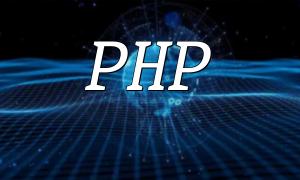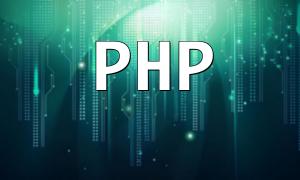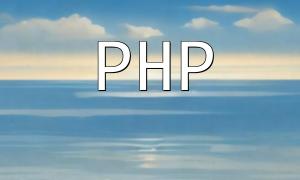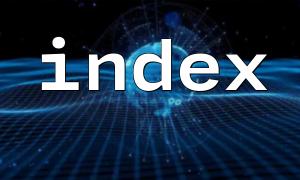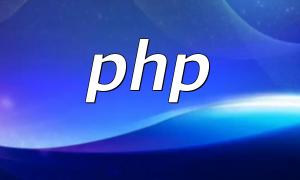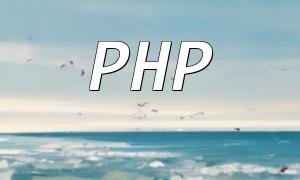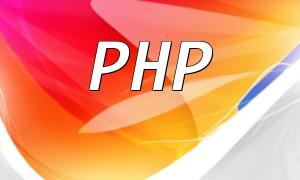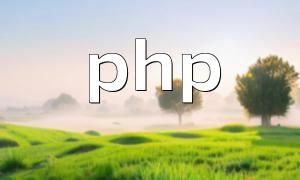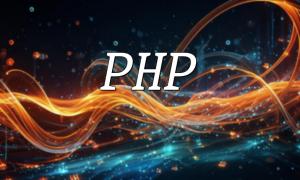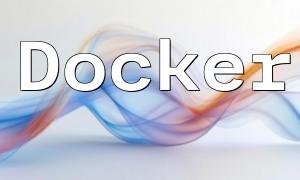PHP Learning Guide
Beginners should start learning PHP from variables, control structures, and basic object-oriented programming concepts. Core topics include web development, database connections, session management, and error handling. Advanced topics cover frameworks, RESTful APIs, web security, and performance optimization.
Getting Started
For beginners, learning PHP should start with the basics, including:
- Variable types and data structures
- Control structures (if/else, loops)
- Functions and parameters
- Basic object-oriented programming concepts
Core Concepts
To deepen PHP skills, you need to understand the following core concepts:
- Web Development: Building dynamic websites and web applications using PHP.
- Database Connections: Using MySQL, PostgreSQL, and other database systems to store and retrieve data.
- Sessions and Cookies: Managing user sessions and tracking user preferences.
- Error Handling: Handling and logging application errors.
Advanced Topics
- Frameworks: Using Laravel, CodeIgniter, and other frameworks to simplify web development.
- RESTful API: Creating RESTful web services to exchange data with applications.
- Web Security: Protecting web applications from security threats.
- Performance Optimization: Improving PHP application performance.
Learning Resources
- Official Documentation: PHP Manual
- Online Courses: Platforms like Udemy, Coursera
- Books: Head First PHP, Learning PHP, MySQL & JavaScript
- Community Forums: Stack Overflow, PHP Reddit
Recommended Learning Path
- Start with basics: variables, data types, and control structures.
- Master web development, database connections, and error handling.
- Deepen understanding of object-oriented programming and session management.
- Advance to frameworks, RESTful APIs, and performance optimization.
By systematically learning these topics, you can progress from a PHP beginner to a developer with practical skills.
